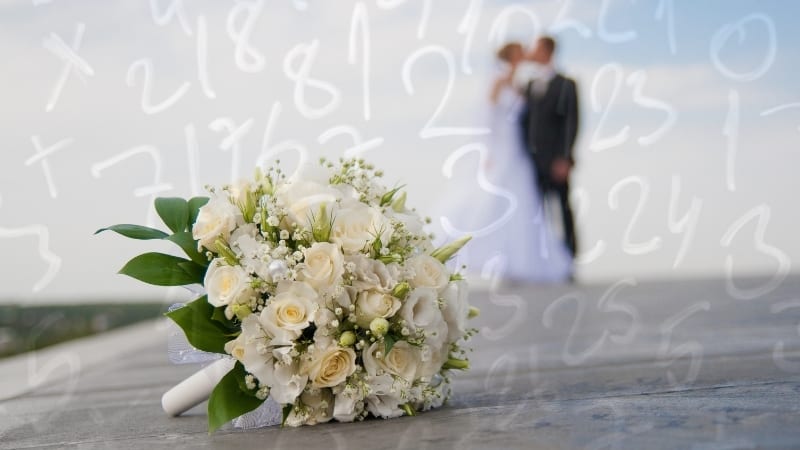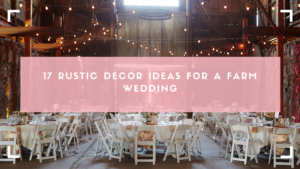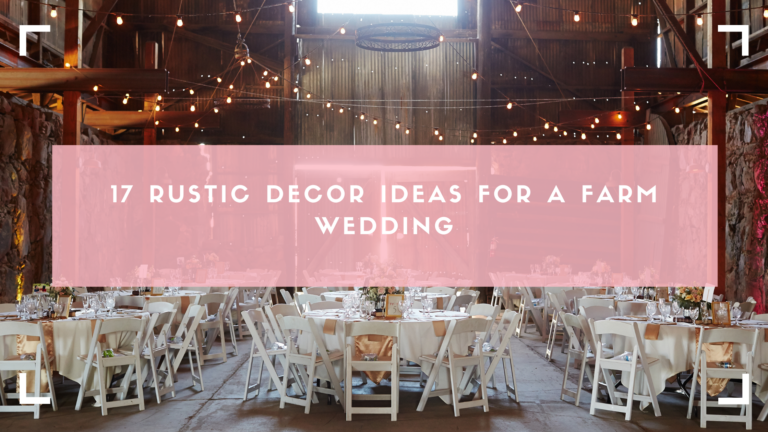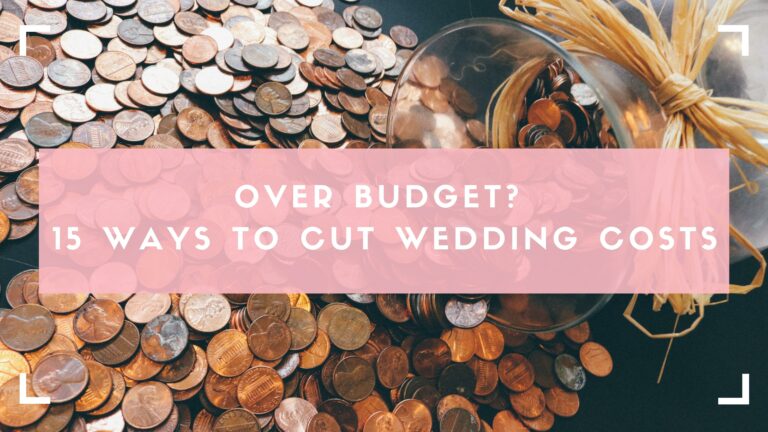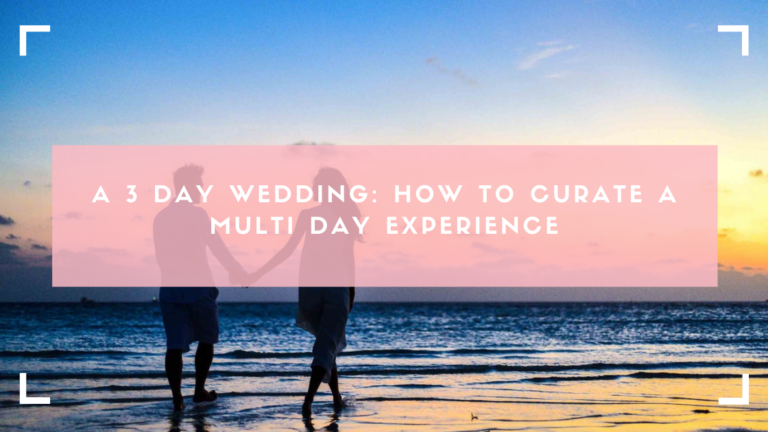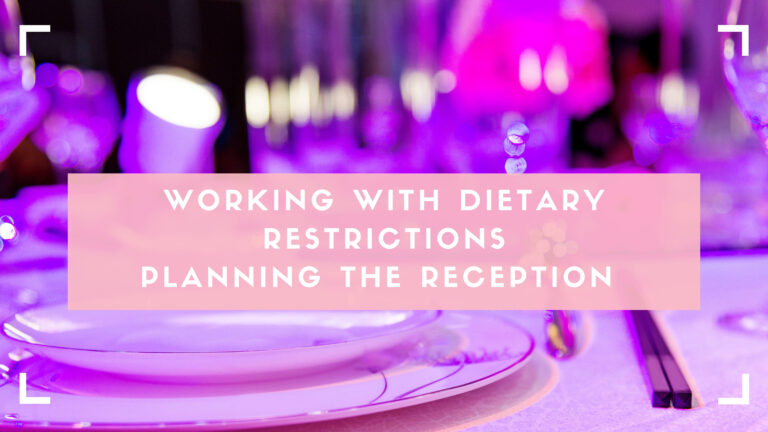Following a year in which a global pandemic affected nearly all industries ‒ with weddings and events hit particularly hard ‒ wedding statistics show that 2021 is shaping up to be one of the busiest years in modern history for couples saying “I do.”.
The return of in-person weddings that follow health and safety guidelines should give us reason to be both hopeful and optimistic.
Top Statistics About the Wedding Planner Industry
- Twenty-seven percent of couples getting married hire a professional wedding/event planner, with day-of planners being the most in demand. (The Knot)
- “Wedding planner (or planning)” is the number one search term couples most use when they begin wedding planning. (WeddingWire)
- The average cost of a wedding planner is $1,850. (WeddingWire)
- When it comes to the type of wedding planner couples hire, 37 percent seek the services of a day-of coordinator, while 31 percent opt for a full-service or all-inclusive planner. (The Knot)
- Thirty-one percent of same-gender newlyweds would describe planning their wedding as “extremely” challenging. Thirty-four percent of different-gender newlyweds classified wedding planning the same way. (Brides)
- Fifty-one percent of women and 47 percent of men identify “personal style” as a top priority in wedding planning. (Brides)
- Wedding planner statistics show being connected is crucial as 80 percent of millennials are planning their wedding online, and 39 percent of those are actively doing so on their mobile device. (WeddingWire)
- More than a third of engaged Americans who moved their wedding date in 2020 will keep their wedding planner as they reschedule. (LendingTree)
Statistics on Wedding Budgets

The average cost of weddings over the past 12 months went wildly askew, with grand affairs becoming intimate backyard gatherings and weddings going from massive to micro. And then there’s the 63 percent of American engaged couples who postponed their wedding by at least a year according to Lending Tree.
Generally speaking, newly published wedding statistics are promising. Engaged couples maintain the relatively same budget on average despite the pandemic, a positive economic indicator for wedding planners who have worked to maintain vendors for their couples as new dates (and sometimes new venues) are confirmed.
The average couple will spend $22,500 for their ceremony/reception in 2021, down only slightly compared to 2019 as per The Knot. That very slight drop can be attributed to contracts and agreements that left couples unable to recoup some nonrefundable deposits, payments and fees.
While couples might plan every aspect of their wedding meticulously, they underestimate their wedding ceremony and reception budget by nearly 45 percent ‒ and 65 percent of couples recalibrate with a revised, detailed budget. At least, based on a report by WeddingWire.
Men Are Taking on a Bigger Role, According to the Numbers
That common social trope about brides wanting every detail of the wedding their way? As the numbers show, grooms are increasingly having more say when planning the wedding of their dreams.
Though brides do 54 percent of wedding planning, grooms account for an impressive 25 percent (based on a heterosexual relationship).
Forty-four percent of men, as opposed to 39 percent of women, list incorporating their hobbies, special interests, and even “fandoms” into their wedding day to make the event more unique and personal.
More than 40 percent of men want their wedding day to reflect their religious/spiritual beliefs, ethnic/cultural backgrounds, and/or political and social beliefs.
When Are Couples Getting Married?
Wedding planners can expect their busiest months to be in the fall, with nearly 40 percent of all weddings taking place during the autumn months.
The Millennial Marriage, A Few Stats
- Eighty percent of today’s marrying couples are considered millennials.
- The average dollars spent on a millennial couple’s ceremony/reception is $31,000.
- Millennials are getting married later in life compared to generations before. (Pew Research)
- The U.S. Census Bureau reports the median age of women marrying for the first time is 26, and for men, 29.
- Millennial couples are getting to know each other better before saying I do compared to previous generations. On average, they spend 4.9 years in a relationship before tying the knot. (Business Insider)
- When it comes to paying for the wedding, the average millennial couple pays for about 40 percent of their wedding cost, but their parents pay for 51 percent. (WeddingWire)
New Statistics on the Number of Guests
As more big-picture wedding statistics become available following a very non-traditional 2020 wedding year, we are learning more about new trends driven by health and safety measures.
During COVID, half of all couples who moved forward with their wedding were forced to reduce their guest count, with many weddings seeing 50 guests or fewer, while nearly a quarter had less than 25.
Throughout this world-altering event, wedding planners and engaged couples with a wedding date on the books have been working closely with their contacts at both their ceremony site and reception venue to keep apprised of any changes in capacity restrictions that keep in line with health and safety guidelines that may affect the final guest count.
Twenty-four percent of couples report changing their guest count contributed to an increase in their total wedding cost. Today’s couples spend about $230 per guest. The average wedding size is currently 131.
When it comes to anticipating how many RSVPs couples can expect to return with a “yes,” a ballpark acceptance rate for local guests is around 85 percent, while out of town guests acceptance rate is around 55 percent.
Today’s to-be-wed couples are making planning decisions that couples in the past never had to consider. Some of these include socially distanced seating charts or creative tech solutions that will allow loved ones who may not be ready for in-person gatherings to be a part of a couple’s celebration. Here’s where a wedding planner’s expertise is especially helpful as they have experience collaborating with venue staff and know how to find creative solutions quickly.
For other ideas on continued safety measures, and how one couple pivoted their ceremony, check out The Big Wedding Planner Podcast, episode #228. Great intel for continued health and safety measures in 2021.
Changes to Destination Weddings
With popular wedding destinations reopening and travel restrictions loosening, industry experts are predicting a wedding boom not only this year but into 2022. From exotic elopements to romantic micro weddings that may have a larger celebration closer to home when it’s safe to do so, wedding planners are critical when it comes to helping couples choose a location
Twenty-five percent of couples consider their wedding to be a type of destination, defined by the event taking place neither where they currently live nor in their hometowns. The average cost of a destination wedding is $32,000. Destination weddings on average welcome 48 guests.
Las Vegas still leads the pack when it comes to the highest number of destination weddings, followed by Hawaii and the U.S. Virgin Islands.
There are myriad variables when it comes to destination wedding spends, but the average cost is $28,000.
Use Updated Wedding Stats to Help with Decision Making
Weddings have endured a year of change, but what hasn’t changed is that couples determined to say “I do” will do so no matter what. Wedding planning statistics help us see where today’s engaged couples are turning their attention, dedicating their budget and how they’re making decisions.


